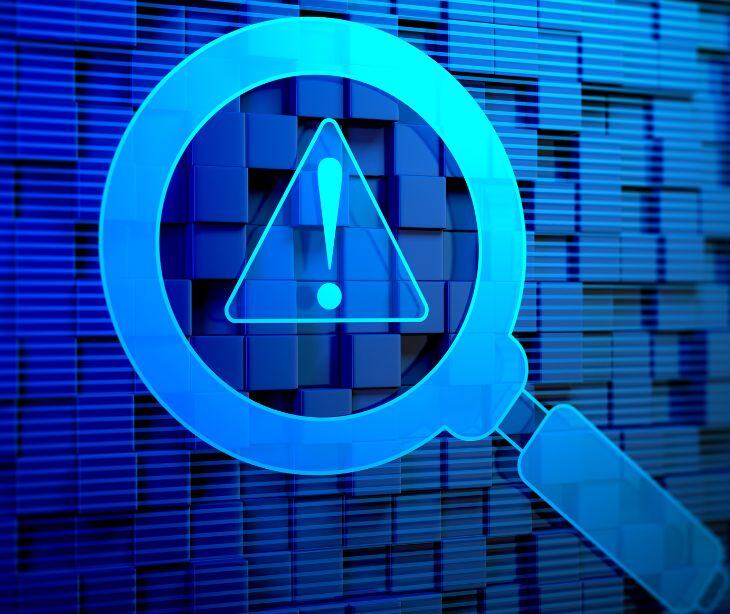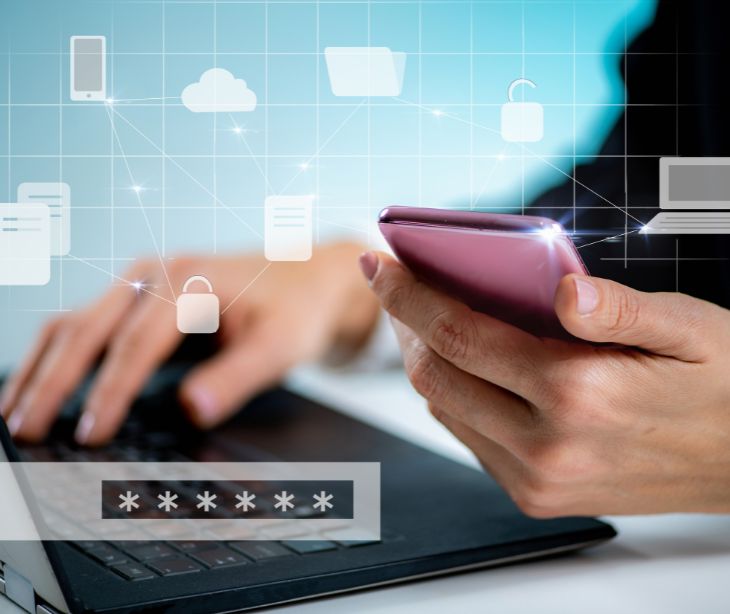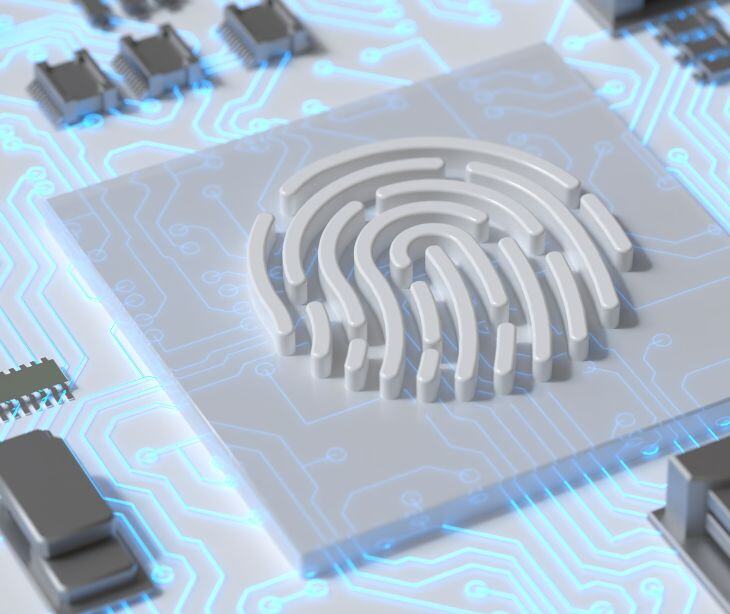
Email security accountability refers to the idea that individuals are responsible for safeguarding email messages and the data within. When it comes to HIPAA, that means following the legislation to safeguard patients and their health information, even when sending or receiving email.
Email protection for healthcare organizations must be comprehensive and must include employees as active participants. These employees must have accountability when they use email to communicate with or about patients. By utilizing HIPAA compliant email and educating employees on its value, healthcare organizations can keep themselves secure and provide better patient care.
More info: HIPAA email: What you need to know
The need for email security in healthcare
HIPAA stands for the Health Insurance Portability and Accountability Act of 1996. The legislation sets national standards for the defense of medical records and patients’ protected health information (PHI). Healthcare organizations must abide by HIPAA to protect patient privacy and safeguard sensitive health information.
HIPAA email communications are largely governed by the Privacy and Security Rules. The Privacy Rule sets the standards for protecting PHI, including when it can be disclosed and to whom. The Security Rule requires covered entities to implement administrative, physical, and technical safeguards to protect electronic protected health information (ePHI).
Email security protects email correspondence from unauthorized, malicious activity. In 2021 alone, there was a global average of 16.5 leaked emails per 100 users. The consequences of a successful email breach can be severe, even leading to business and financial losses. For healthcare organizations, a data breach can also lead to compromised patient information and even patient death.
Learn more: Mitigating human error in email handling to prevent HIPAA breaches
HIPAA compliant email security features
HIPAA allows for the inclusion of PHI in email but requires certain safeguards to guard against unauthorized access. To be compliant, there must be a structured, layered system in place to ensure patient confidentiality in an email. Email security should incorporate various methods that address access, storage, and the safe transmission of all messages.
HIPAA compliant email security should include several (if not all) of the security features listed here:
- Up-to-date email policies and procedures
- The use of a HIPAA compliant email platform
- A signed business associate agreement (BAA) with the platform
- Encryption for data in transit and at rest
- Access and authentication controls
- Spam filters
- Malware detection
- An incident response plan
- Audit trails
Finally, good email security includes employee training as employees are the primary users and communicators of a healthcare organization. Employees who lack training and awareness should be a top concern; they should be held liable for data breaches due to negligence.
Email security accountability
The idea of accountability is beneficial to organizations because it enforces policies, protects data, ensures regulatory compliance, prevents data breaches, and reduces risks. None of the above components of email security could work without accountability. Email security accountability, therefore, asserts that employees take responsibility for safeguarding email communication and data from loss, misuse, or breach.
HIPAA compliant email training reinforces the value of protecting patient privacy. Staff should be trained in HIPAA compliant email practices so that they know how to verify recipients’ addresses, limit PHI exposure, and avoid common email mistakes. HIPAA email training guarantees that staff understand HIPAA’s requirements, recognize risks, and adopt secure communication practices. By being held accountable in email communication, employees will adhere to email policies, use secure email practices, and report potential issues.
A culture of accountability in healthcare
Creating a culture of accountability is helpful in any industry. In healthcare, it helps keep patients and their PHI safe. It starts with leadership and how those in management create and follow policies and procedures. It also starts with clear and open communication (i.e., training) about the role employees play within healthcare security.
Such a culture of accountability would give employees the tools to follow HIPAA procedures and be open to admitting when things go wrong. It would also encourage them to look closely at what they are doing to avoid human error.
A culture of accountability means that employees hold themselves liable for breaches and will face consequences for noncompliance. Ultimately, they would understand the need for security and would be active participants in the security plan of their organization.
FAQs
Can patients opt out of receiving emails from healthcare providers?
Yes, patients can request to opt out of receiving emails, and healthcare providers must honor their preferences while still ensuring that necessary communications comply with HIPAA.
Can employers send emails containing PHI without violating HIPAA regulations?
Yes, employers can send emails containing PHI if they ensure they are encrypted, accessed only by authorized personnel, and comply with HIPAA regulations.
Can I use any email service for sending PHI, as long as I encrypt the emails?
Not all email services are suitable for sending PHI, even with encryption. The email service provider must be HIPAA compliant and willing to sign a BAA, which outlines their responsibilities in safeguarding PHI. It's important to choose a service that specifically offers HIPAA compliant features.
What are the penalties for noncompliance with HIPAA?
Penalties for noncompliance can range from monetary fines to criminal charges, depending on the severity and circumstances of the violation. The Office for Civil Rights (OCR) can impose penalties, which can range from $1307 to $68,928 per violation, with a maximum annual penalty of $2,067,813.
What are the most important HIPAA requirements for email security?
HIPAA requires encryption of PHI, access controls, audit trails, employee training, and incident response procedures. The policy must address each of these elements and specify how they'll be implemented and monitored.




